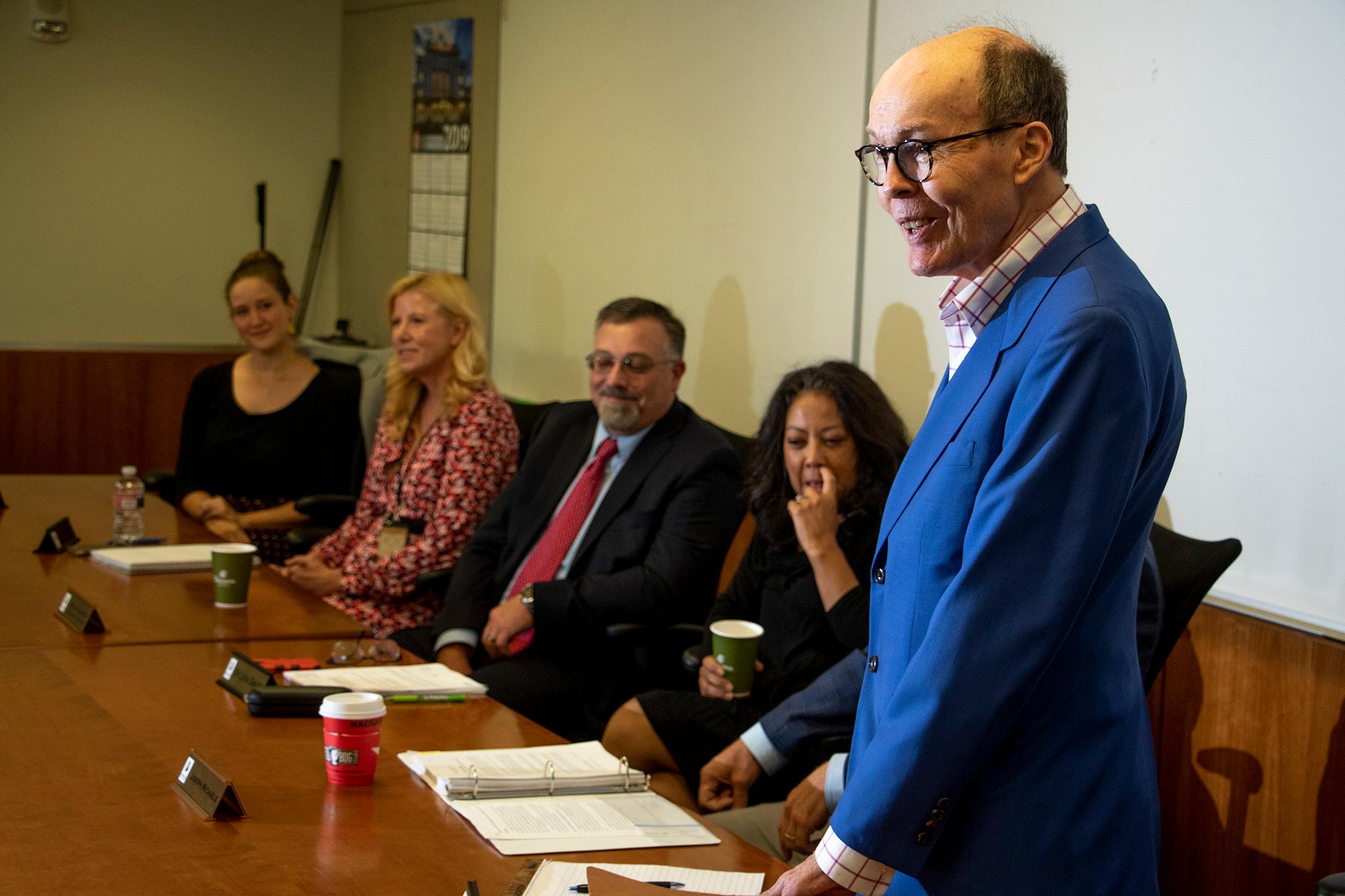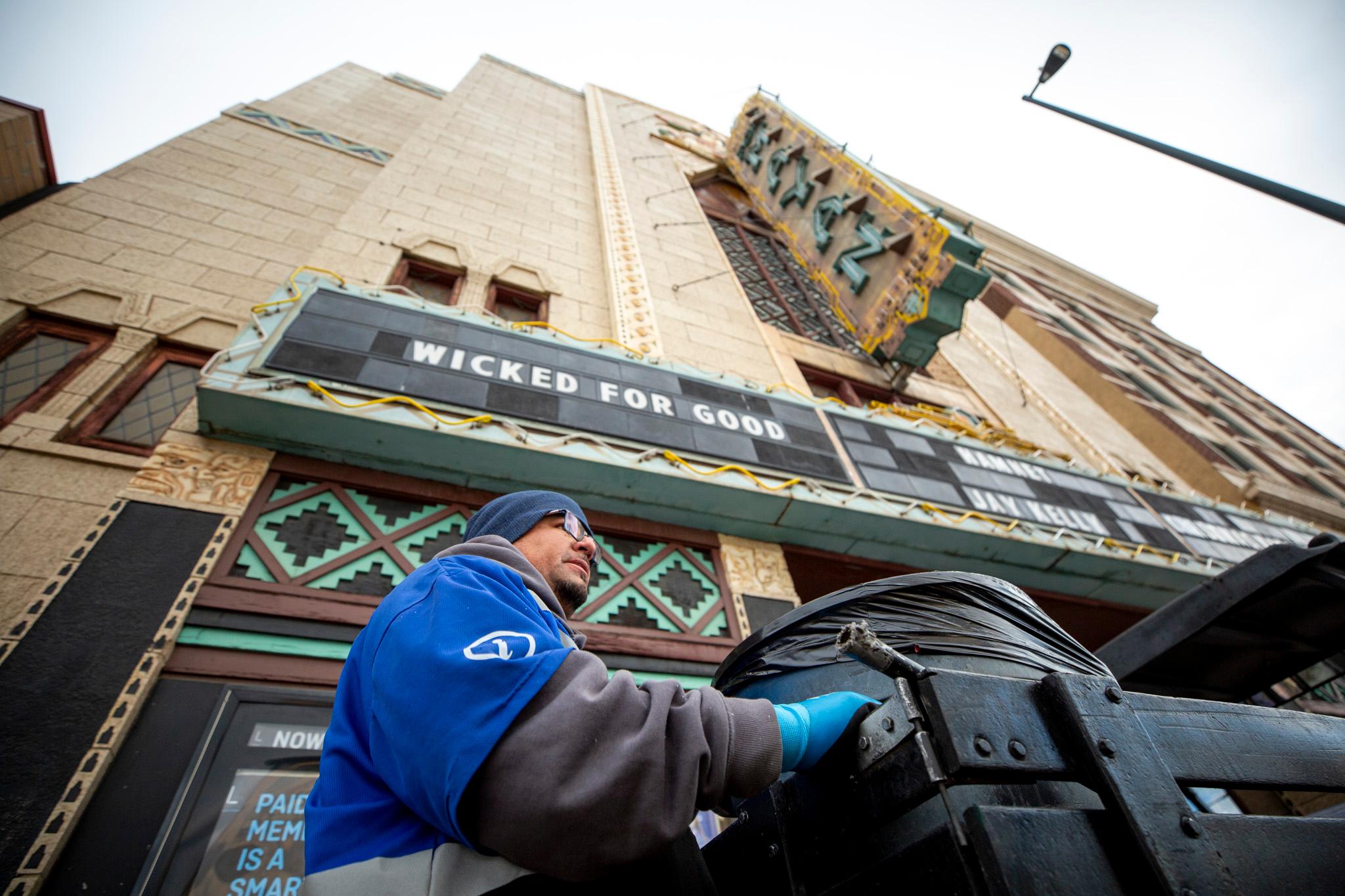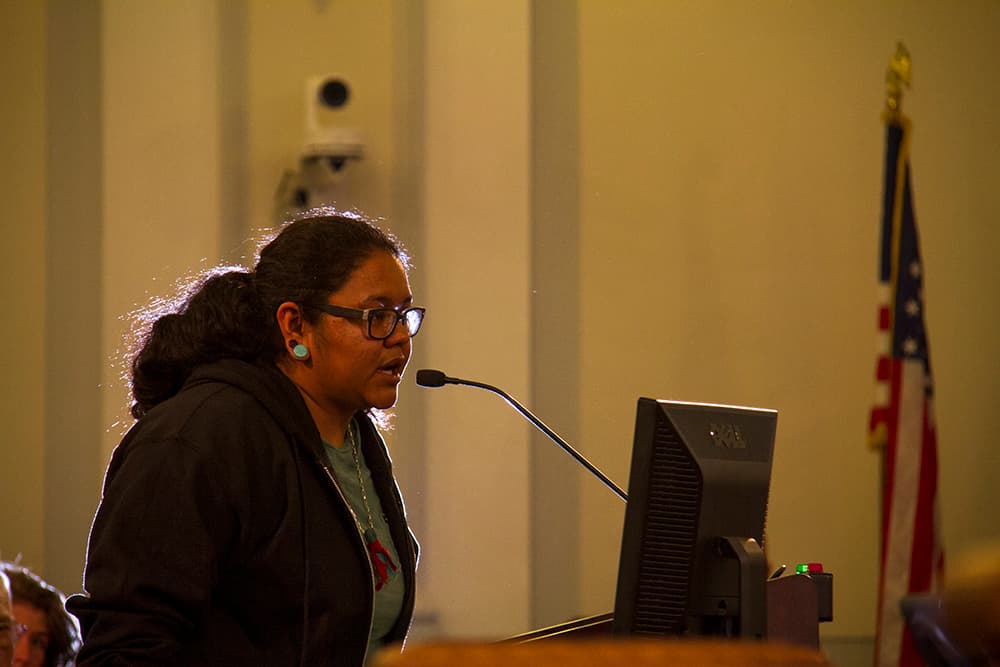Michael Henry's youthful, bright royal blue suit drowns out the walker with a basket full of files he uses to traverse the Webb Municipal Building. His sharp mind and candor belie his 72 years on Earth, 19 of which he has spent leading the Denver Ethics Board, an independent group that weighs complaints of misconduct by city government workers.
Henry will retire at the end of the month. His parting gift is a well-respected but somewhat powerless group of ombudswomen and ombudsmen who analyze workplace morals with no authority to remedy them through discipline.
So Henry will also leave behind the gift of an audit. He asked City Auditor Tim O'Brien to pick apart his department in hopes that the watchdog finds merit to sharpen its teeth -- an act that requires the mayor and Denver City Council. About half of the country's cities instill such powers in their ethics boards, according to Henry.
"At least I would hope that the council, maybe after they see the performance audit, that they can think about giving some more enforcement power to the board to impose either fines or disciplinary penalties," Henry said.

Department heads can discipline employees based on results from the ethics board, but that discretion does not always garner action. The ethics board has no statistics on how much discipline has been doled out, but it's not often, according to Henry.
Auditor O'Brien cannot discuss specifics of his analysis, which just began. Nor can he force decision-makers to act on his findings. But the opportunity for a stronger ethics board certainly exists.
"What Michael wanted -- and I think it's a good idea -- is to find the issues that should be addressed by the Board of Ethics that aren't being addressed," O'Brien said. "Those issues would serve as sort of a punch list of the person taking over."
Henry retires Sept. 3.
Henry's successor is Lori Weiser, a lawyer in the City Attorney's Office who specializes in child abuse issues. It's too early for her to commit to reforms, she told Denverite, but said she would defer to her five-person board, which is appointed by the mayor's office and city council.
Denver's workplace morality police cannot touch cases of sexual harassment, discrimination or bullying.
Sexual harassment and discrimination based on race, gender or religion are not covered in the city's code of ethics and are therefore off-limits to the board. As a result, Henry and company often receive complaints they cannot officially act on, though the director can alert department chiefs at his discretion -- with no action guaranteed.
Sexual harassment is handled through the human resources department, and that might be just fine, according to Julia Hoffmeier, the outgoing board chair, because confidentiality is guaranteed.
"The question that comes up in my head is, sexual assault harassment, yes, is handled by (human resources)," Hoffmeier said. "But in some instances it swings into more of a criminal element. I guess I worry that if it's handled from an ethical perspective and from a legal perspective, it almost gets overly punitive because we only get the facts that are presented to us."
The issue gets fuzzier in the context of elected officials.
Former Denver clerk (and, ironically, current state ethics commissioner) Debra Johnson was accused of sexual harassment and drinking on the job and was forced out of her office for six months after an independent investigation. Yet the city's ethics board received no complaint. A leak to the media or a lawsuit are more likely to publicly highlight misconduct than built-in protocol.
Technically speaking, voters can fire politicians every four years. But no mechanism exists to guarantee voters know about wrongdoing. The mayor's office has a policy that omits discipline altogether. The City ouncil's is more rigorous, with the option to censure council members for their actions. The clerk's office has none.
"To have different systems for different elected offices and have hardly any transparency, it just doesn't give citizens enough confidence," Henry said. "How can we have confidence that the system is working well if nobody knows about it?"
The ethics board is like a referee without a whistle or yellow cards.
Its members cannot discipline employees -- or elected officials. But even if they could, people would have to feel comfortable coming to them. The group is reactive by nature, with no whistle to blow unless someone else has the guts to blow it first.
Current rules present barriers. Perhaps the strongest deterrent is a lack of anonymity, because anyone who files an ethics complaint must sign on the dotted line.
"That's huge," said board member Sylvia Smith. "I do believe that signing, obviously, is probably a barrier to people coming forward, but that is currently the code that we function under."
While the city's whistleblower policy forbids retaliation from peers and higher-ups, it's not enough to ensure forthcoming employees. Some arrive at his office to file a complaint only to leave when faced with signing a form, but no logs exist that provide hard numbers.
Henry and his board recommended the City Council OK anonymous complaints several years ago, but it never gained traction.
And that's part of the problem, Henry says: Ethics and how well the city workforce abides by them depend on the opinions of politicians.
In 2017, the ethics board recommended against a City Council bill that allowed expensive gifts to be exchanged between city entities. For example, in 2016, Denver International Airport gave more than $420,000 in international business class tickets and hotel rooms to the mayor's office and City Council prior to decisions on expensive contracts, according to a Colorado Public Radio investigation.
The council did not heed the recommendation.
"Essentially the Denver City Council passed an ordinance implementing the exact opposite of our decision," said Hoffmeier, the outgoing ethics board chair. "I really struggled with that because I felt it sort of discredited board's opinions, and it made it feel a little bit like the work we were doing was disregarded."
Before he retires, Henry will make one last push for the power to discipline unethical employees and anonymize the complaint process, among other things, when he and his successor, Weiser, meet with the council members Wednesday
He'll be relaxing when the self-imposed audit is complete, while elected officials will likely have a slew of new ethics recommendations to wrestle with. The lingering ghost of Michael Henry.












